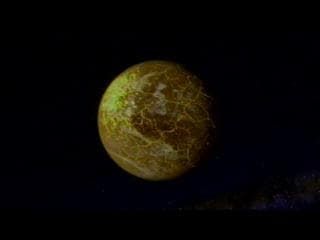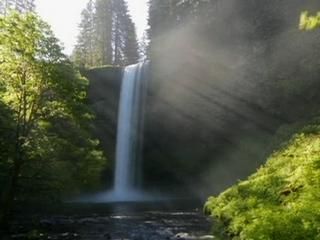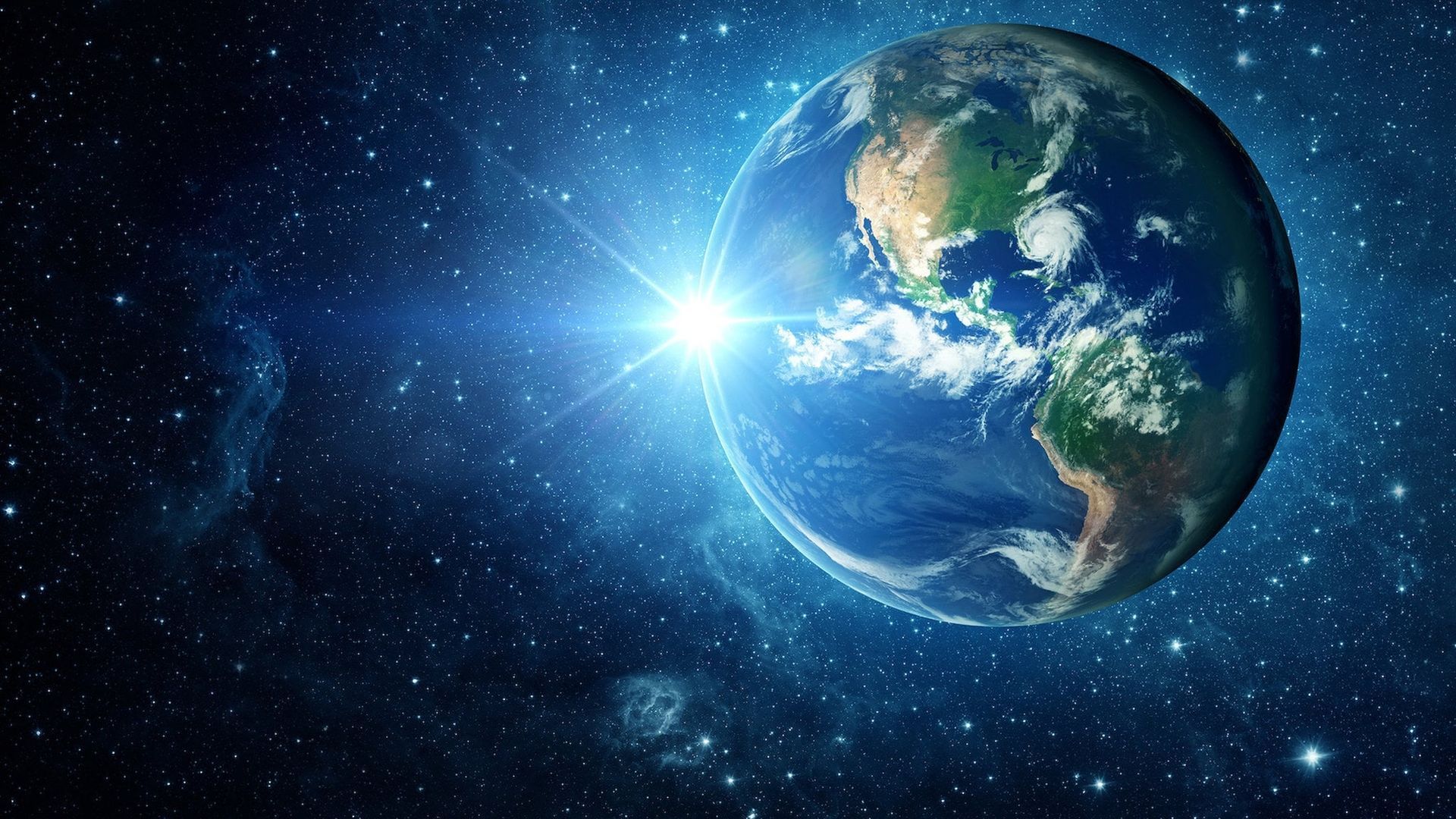
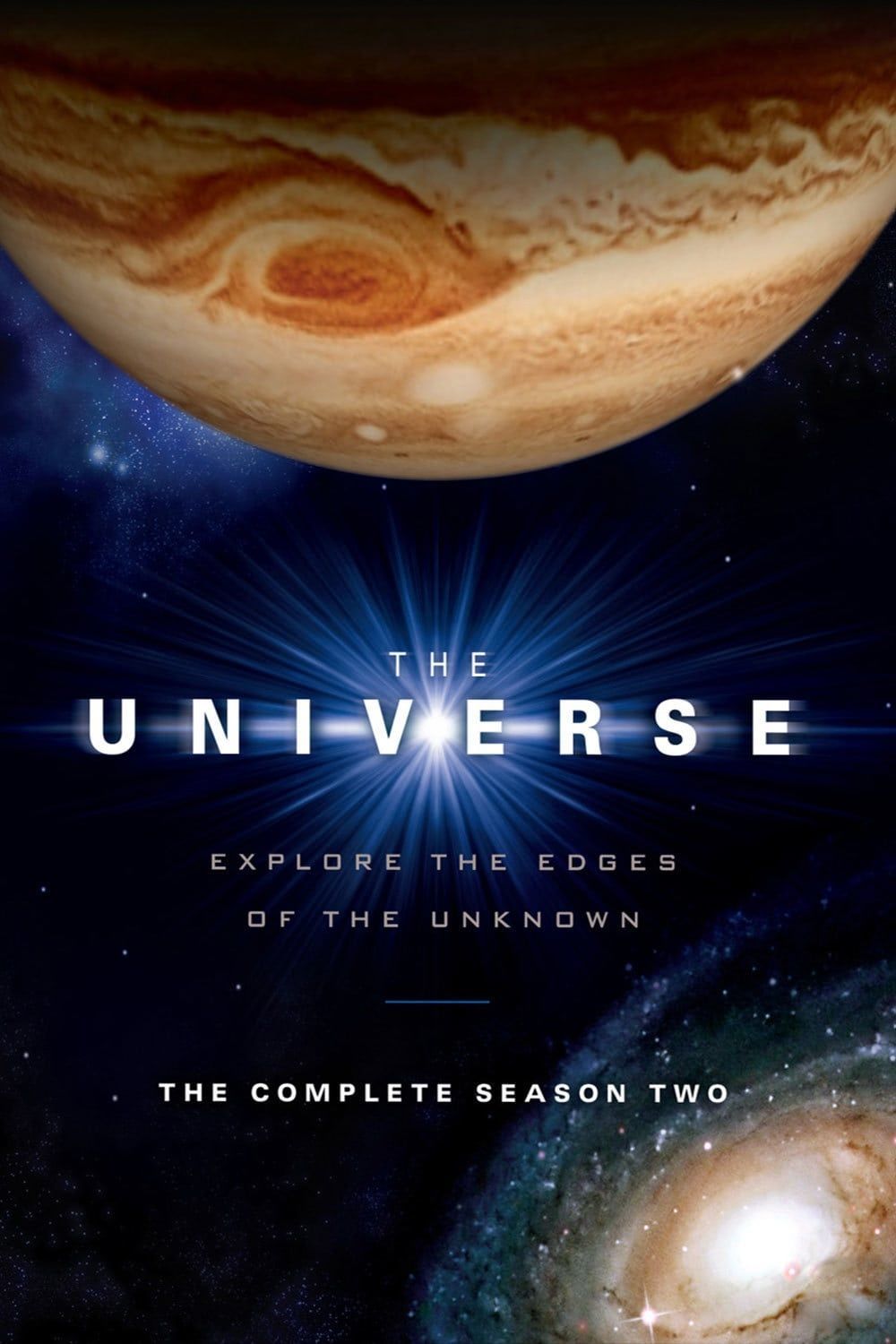
18 Episodes
- Cosmic Holes
 E2
E2Cosmic HolesBlack holes, white holes and worm holes are all consistent with Einstein's theory of General Relativity. Of the three, actual evidence exists only for black holes. Their behavior is explained. Scientists speculate on on whether white holes and worm holes exist and how they would behave. - Dark Matter
 E6
E6Dark MatterScientists hunt for dark matter in the strangest of places. They know where it is, what it does and can sort of see it if they look in the right way. They just can't quite figure out what it is or how to get their hands on it even though it's everywhere. But it is well understood compared to dark energy which is an even bigger mystery. - Astrobiology
 E7
E7AstrobiologyDoes life exist on other planets? Astrobiology is a visionary new science that searches for life in space by combining the disciplines of astronomy, biology and geology. How did life evolve on Earth? What will life look like on other planets? These and other pertinent questions will be answered by a diverse group of scientists. - Space Travel
 E8
E8Space TravelWhen man finally broke free of the Earth's gravitational pull the dream of traveling to other planets became a reality. Today scientists are proposing a bizarre array of technologies in the hope of traveling faster through space, from space craft sporting sails that catch laser beams, to propulsion engines powered by a bizarre entity known as anti-matter. - Supernovas
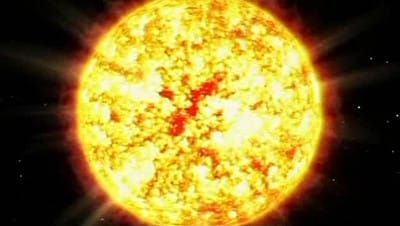 E9
E9SupernovasA stellar explosion, the supernova is the sensational death of a star. It can shine as bright as 100 billion suns and radiate as much energy as the Sun would emit over 10 billion years. Jets of high-energy light and matter are propelled into space and can cause massive gamma ray bursts and emit intense X-ray radiation for thousands of years. Astronomers believe that this process creates the very building blocks of planets, people and plants. - Cosmic Collisions
 E12
E12Cosmic CollisionsCollisions between relatively minor bodies in the solar system can have far reaching effects. Astronomers are trying to trace meteors that caused mass extinctions back to the event that cause them to cross Earth's path in case they have relatives waiting to pay a visit. - Wildest Weather in the Cosmos
 E15
E15Wildest Weather in the CosmosIf a planet has an atmosphere it has weather. And where there is weather there are storms. Our solar system is chock full of them. And the bigger the temperature extreme the bigger the storm. Which makes Earth hurricanes and thunderstorms seem rather uninteresting. - Cosmic Apocalypse
 E18
E18Cosmic ApocalypseThe Universe as we know it is condemned to death. Space, matter and even time will one day cease to exist and there's nothing we can do about it. Harsh realities are revealed about the future of our Universe; it may collapse and burn or it might be gripped by a galactic ice age. Either of these scenarios might be a long way off. However, our Universe could suddenly be destroyed by a "random quantum fluctuation", a bubble of destruction that can obliterate the entire cosmos in the blink of an eye. No matter how it ends, life in our Universe is doomed.
